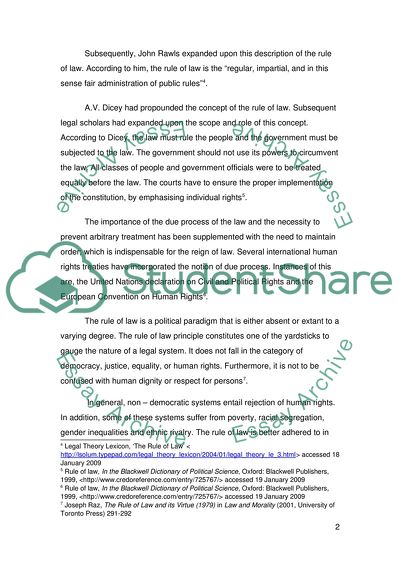Cite this document
(British Constitution and the Rule of Law Case Study, n.d.)
British Constitution and the Rule of Law Case Study. Retrieved from https://studentshare.org/law/1719853-evaluate-the-relevance-of-the-constitutional-doctrine-of-the-rule-of-law-to-the-british-constitution
British Constitution and the Rule of Law Case Study. Retrieved from https://studentshare.org/law/1719853-evaluate-the-relevance-of-the-constitutional-doctrine-of-the-rule-of-law-to-the-british-constitution
(British Constitution and the Rule of Law Case Study)
British Constitution and the Rule of Law Case Study. https://studentshare.org/law/1719853-evaluate-the-relevance-of-the-constitutional-doctrine-of-the-rule-of-law-to-the-british-constitution.
British Constitution and the Rule of Law Case Study. https://studentshare.org/law/1719853-evaluate-the-relevance-of-the-constitutional-doctrine-of-the-rule-of-law-to-the-british-constitution.
“British Constitution and the Rule of Law Case Study”. https://studentshare.org/law/1719853-evaluate-the-relevance-of-the-constitutional-doctrine-of-the-rule-of-law-to-the-british-constitution.


